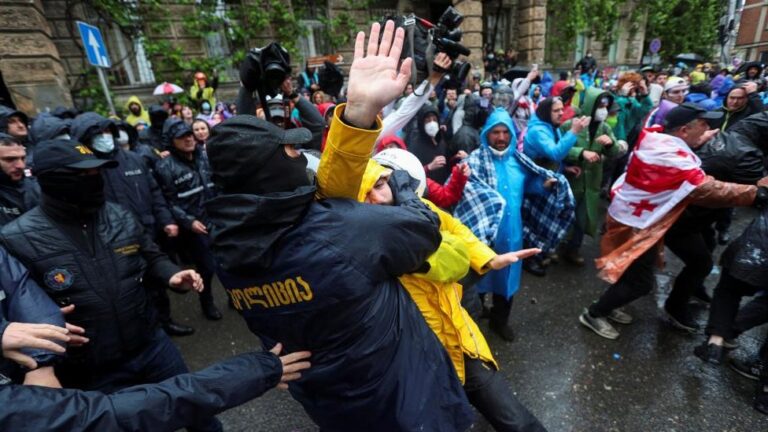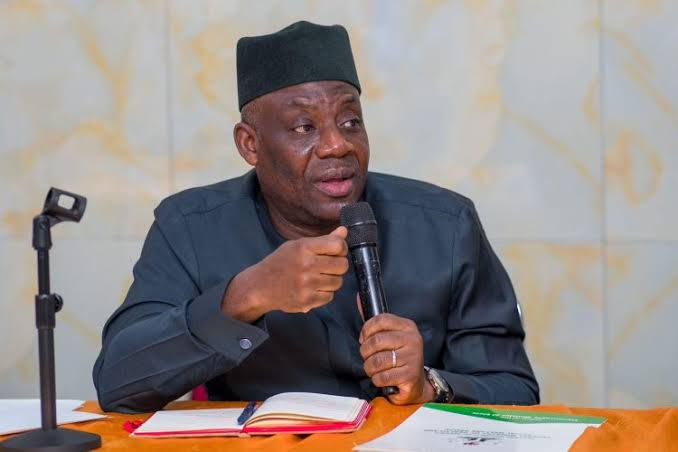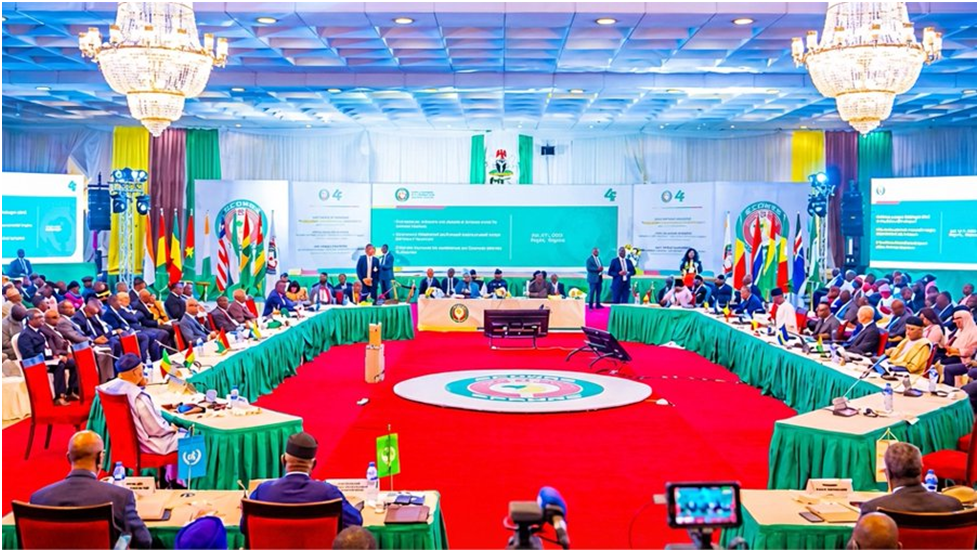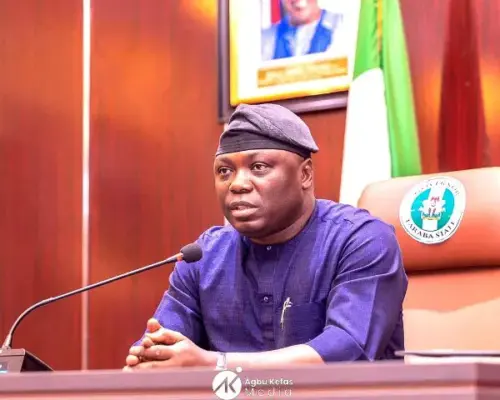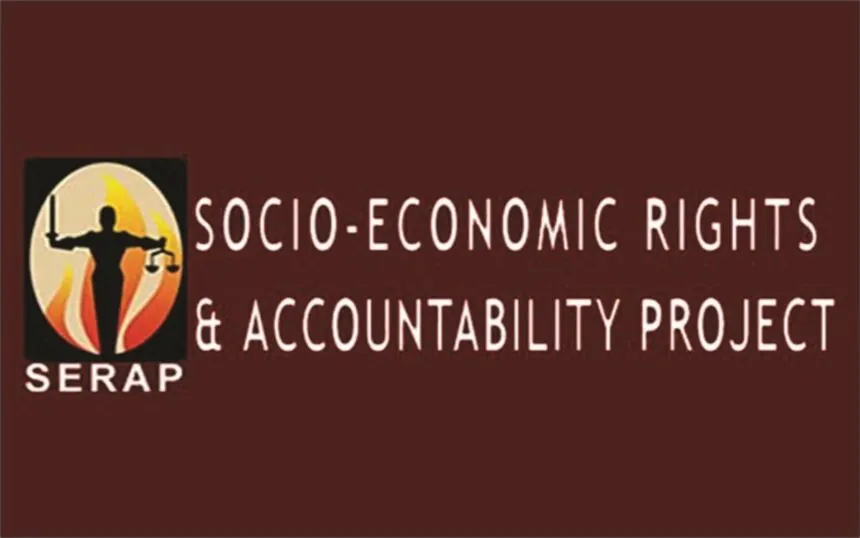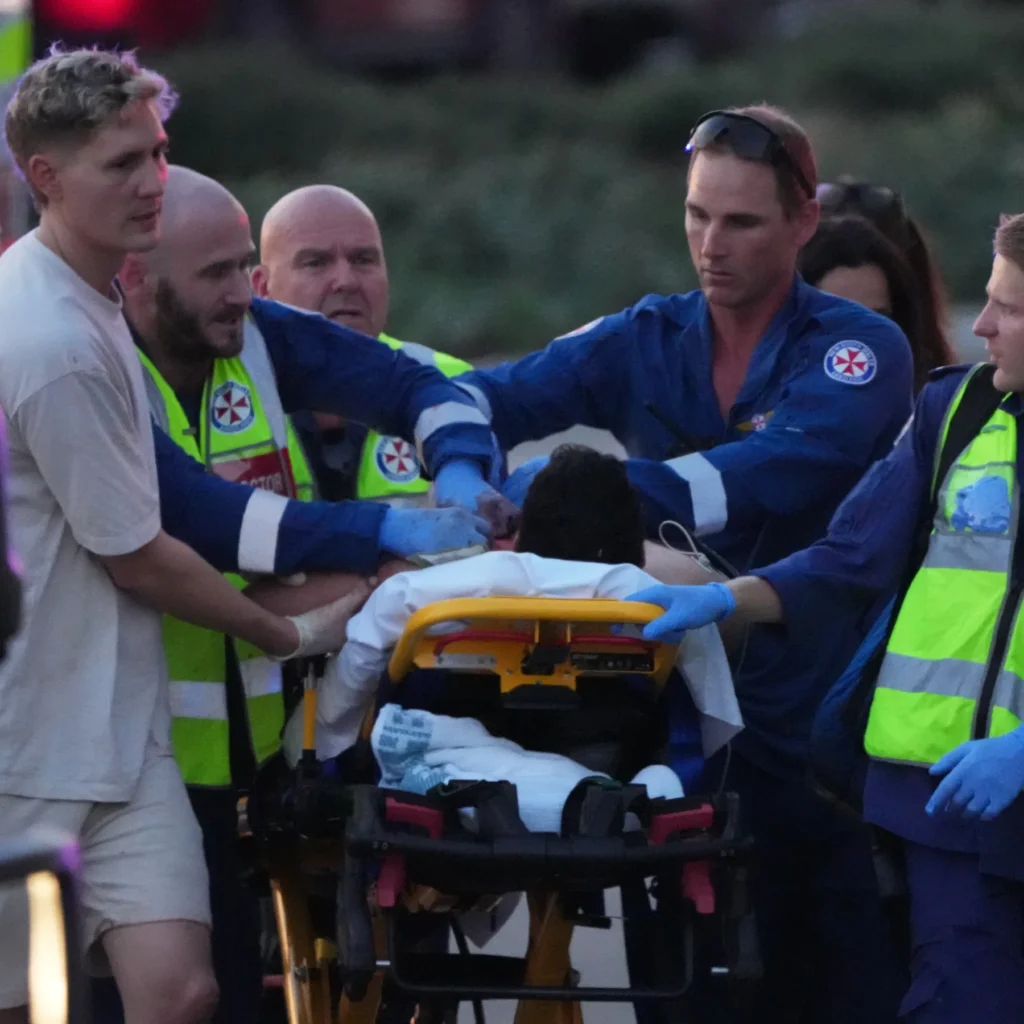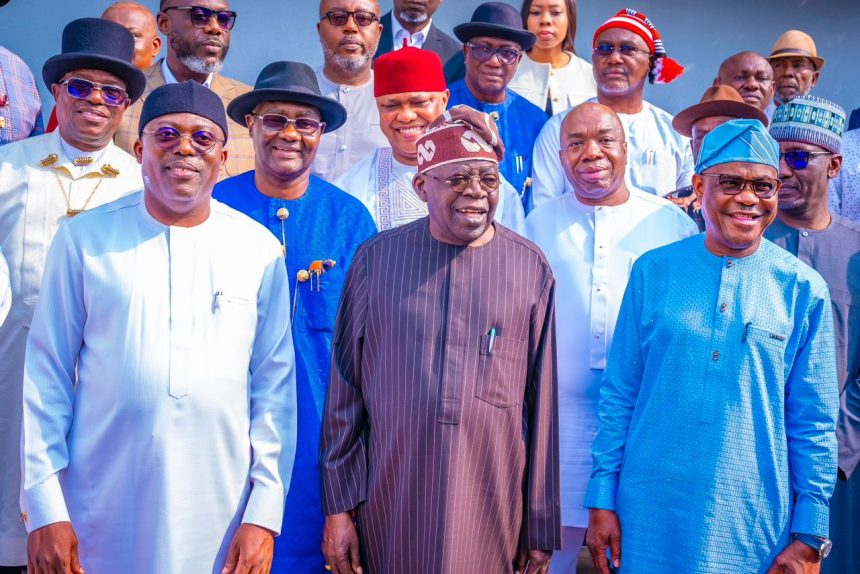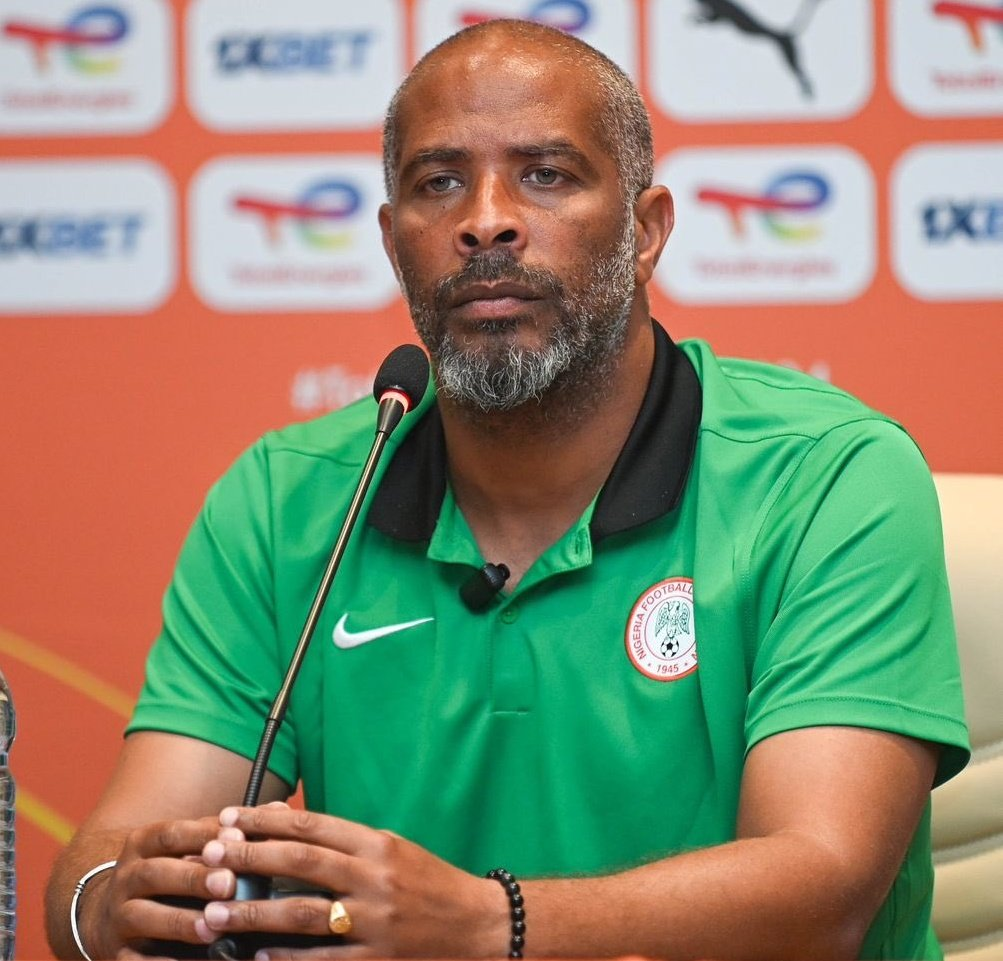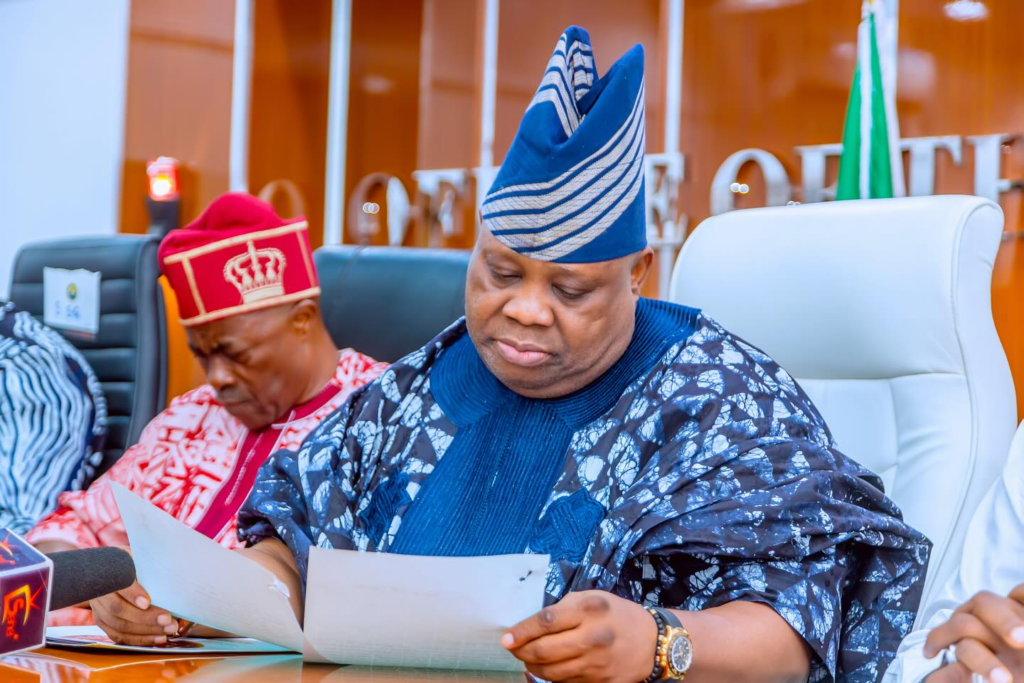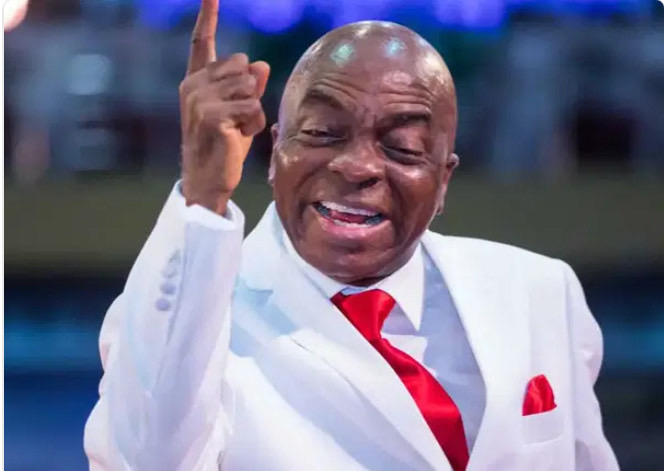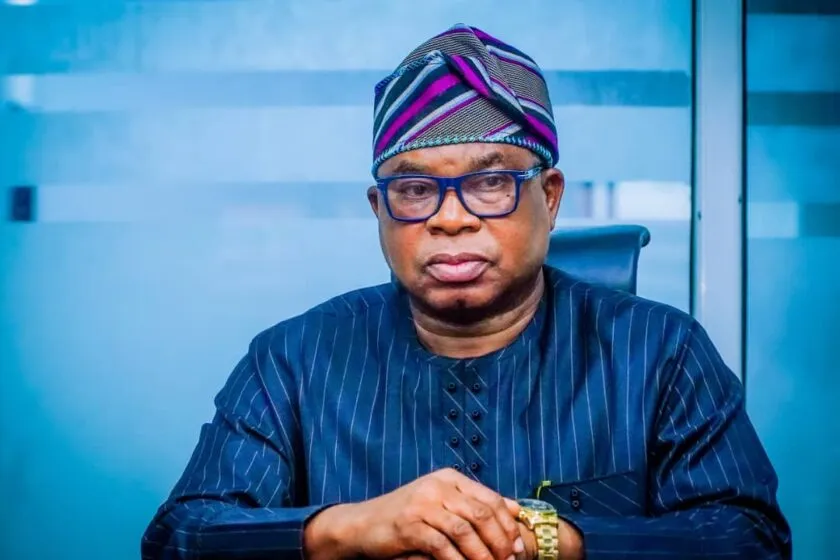Georgia’s parliament is poised to grant final approval to a contentious “foreign agent” law that has ignited weeks of widespread street demonstrations.
Opponents of the ruling Georgian Dream party argue that the legislation, dubbed the “Russia law,” poses a threat to civil liberties.
Crowds numbering in the thousands are congregating near the parliament to denounce the anticipated imminent enactment of the law.
Prime Minister Irakli Kobakhidze has affirmed that the bill will be ratified.
On Monday, Mr. Kobakhidze cautioned that if authorities yielded during the bill’s third reading, Georgia would jeopardize its sovereignty and “easily share the fate of Ukraine,” although he did not elaborate on his statement.
The Caucasus nation has been engulfed in large-scale protests for nearly a month.
Recent images and videos circulated online depict violent clashes between demonstrators and law enforcement officers.
As President Salome Zurabishvili entered the parliament building on Tuesday morning, she declared to the BBC her intention to veto the law, aligning herself against Prime Minister Irakli Kobakhidze. However, the ruling Georgian Dream party holds sufficient parliamentary sway to override her decision.
The proposed legislation, now on the brink of its third and final reading, stipulates that non-governmental organizations (NGOs) and independent media entities receiving over 20% of their funding from foreign sources must register as entities “representing the interests of a foreign power.” These organizations would be subject to scrutiny by the Justice Ministry and could face substantial fines, reaching up to 25,000 GEL ($9,400; £7,500), if they fail to comply or disclose sensitive information.
Critics fear that this bill could be exploited by the government to suppress dissent and hinder Georgia’s aspirations of European Union membership. Comparisons have been drawn to Russia’s 2012 authoritarian legislation, which has been utilized by the Kremlin to silence dissident voices.

